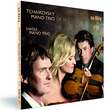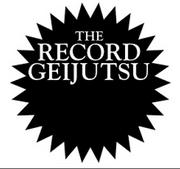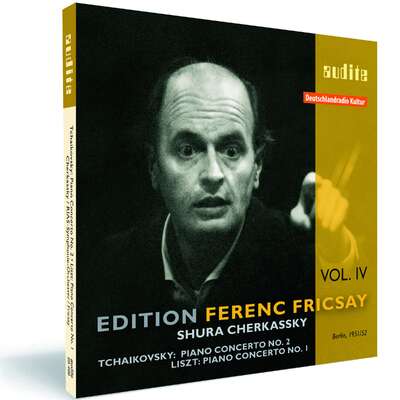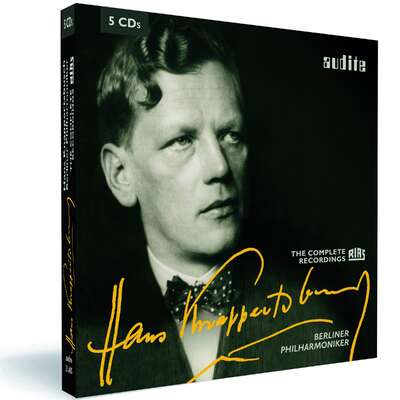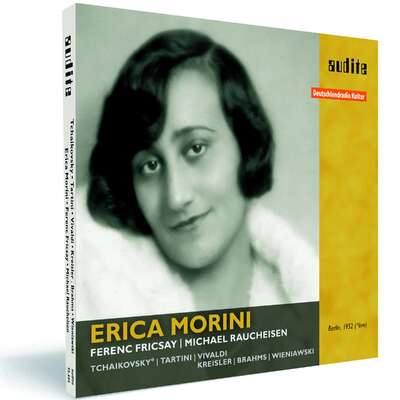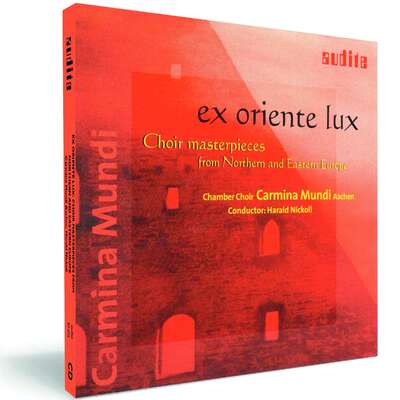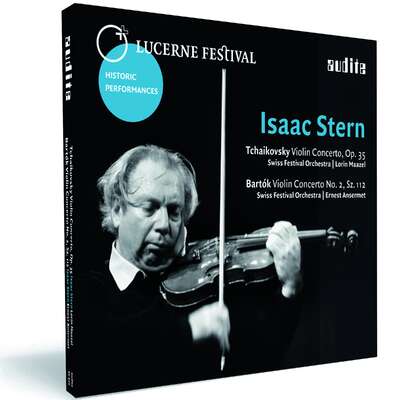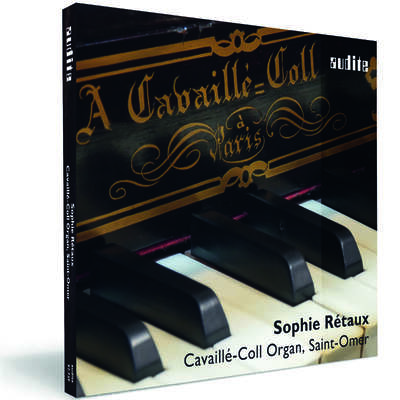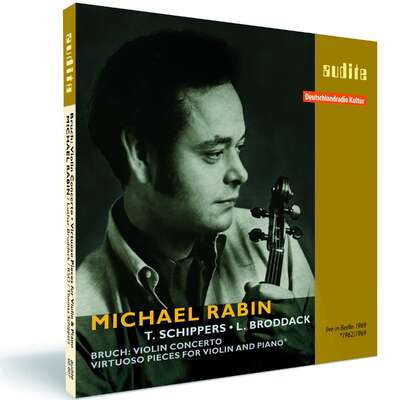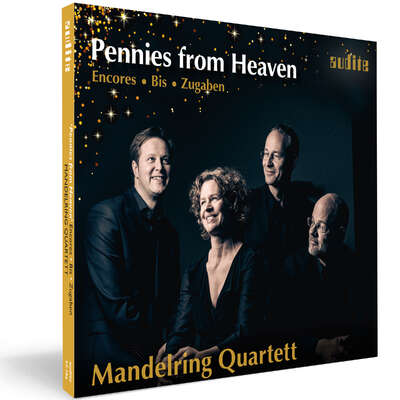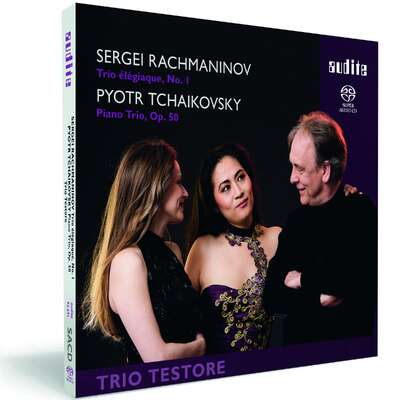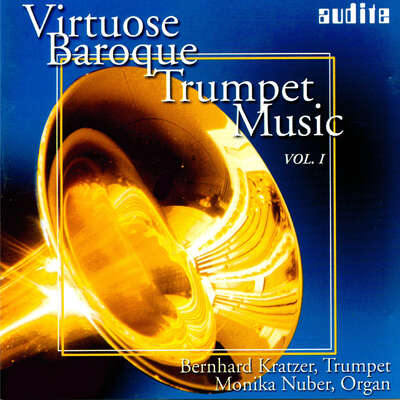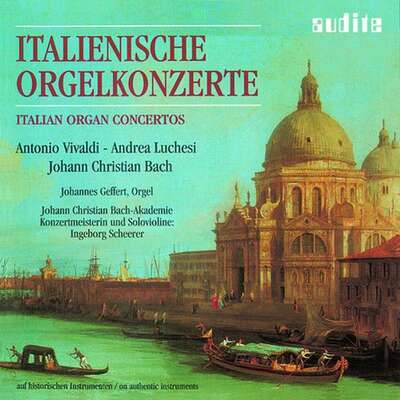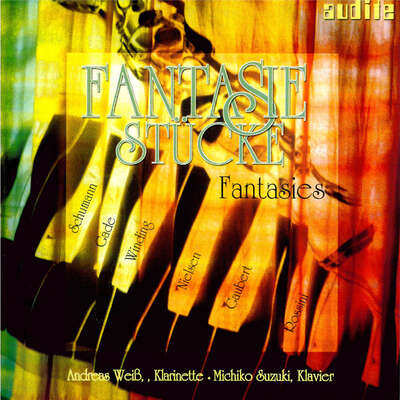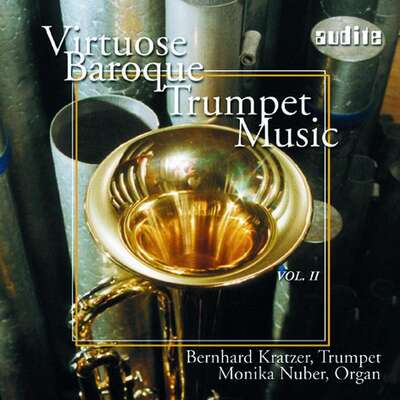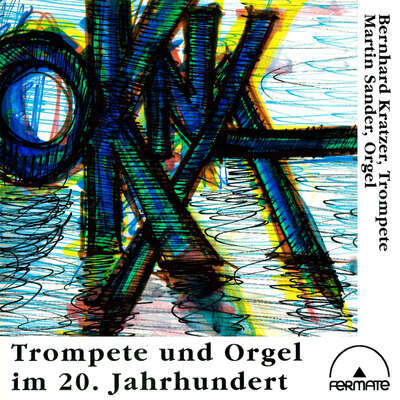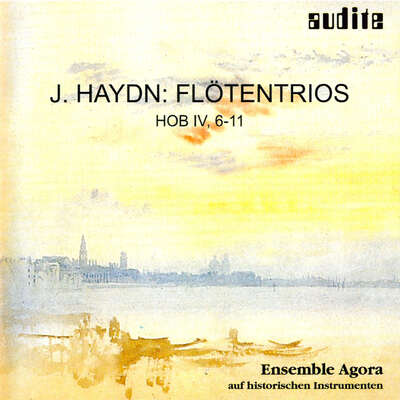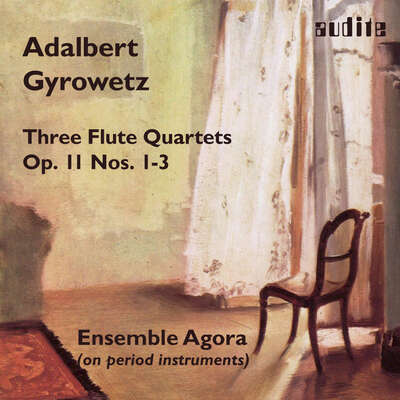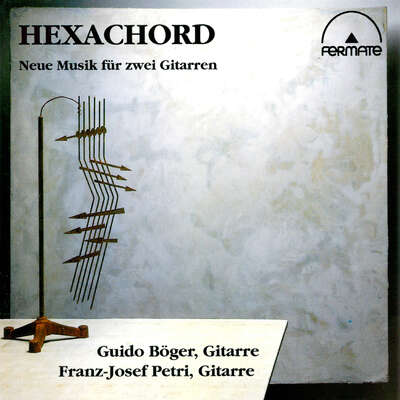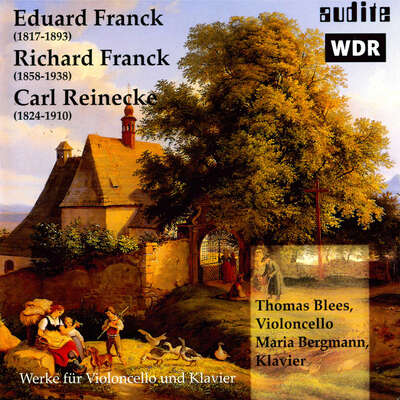
In der Geschichte des Klaviertrios und der russischen Kammermusik überhaupt bildet Tschaikowskys Klaviertrio op. 50 einen monumentalen Markstein in zwei Sätzen. Gewidmet ist das Meisterwerk von 1882 dem Andenken seines Freundes Nikolaj Rubinstein, dem Gründer des Moskauer Konservatoriums.mehr
In der Geschichte des Klaviertrios und der russischen Kammermusik überhaupt bildet Tschaikowskys Klaviertrio op. 50 einen monumentalen Markstein in zwei Sätzen. Gewidmet ist das Meisterwerk von 1882 dem Andenken seines Freundes Nikolaj Rubinstein, dem Gründer des Moskauer Konservatoriums.
Details
| Piotr Ilyich Tchaikovsky: Piano Trio, Op. 50 | |
| Artikelnummer: | 92.673 |
|---|---|
| EAN-Code: | 4022143926739 |
| Preisgruppe: | ACX |
| Veröffentlichungsdatum: | 20. April 2012 |
| Spielzeit: | 50 min. |
Zusatzmaterial
Informationen
Im März 1881 erhielt Peter Tschaikowsky die Nachricht vom Tod seines Freundes Nikolaj Rubinstein in Paris - ein Schicksalsschlag für den Komponisten, den Rubinstein einst als Lehrer an das neugegründete Moskauer Konservatorium geholt hatte. Tschaikowsky nahm sich vor, dem Verstorbenen ein Werk zu widmen, das er nicht klassischerweise für Chor oder Orchester, sondern für Klaviertrio komponierte. Offenbar hatte ihn das Andenken an Rubinstein dann so hingerissen, dass er mit dem Trio op. 50 alle Dimensionen sprengte. Zwei monumentale Sätze werden hier zu einem Trauerwerk verbunden, das allerdings auch optimistische Momente kennt. Nach einem „Elegischen Stück" schrieb Tschaikowsky einen fast halbstündigen Variationensatz, in dem sich langsamer Satz, Scherzo und Finale unter dem Dach eines schlichten russischen Themas vereinen. Spieltechnisch gehört das Trio zu den Herausforderungen an jedes Klaviertrio ...
Das Schweizer Klaviertrio mit Martin Lucas Staub (Klavier), Angela Golubeva (Violine) und Sébastien Singer (Violoncello) ist Preisträger zahlreicher internationaler Wettbewerbe wie z. B. dem Internationalen Kammermusikwettbewerb Caltanissetta oder dem österreichischen Johannes-Brahms-Wettbewerb. Seit seiner Gründung 1998 führte intensive Konzerttätigkeit das Ensemble in mehr als 40 Länder auf allen Kontinenten. Das Trio tritt sowohl regelmäßig in Kammermusikkonzerten in den Konzertsälen der internationalen Musikzentren auf, als auch als Solistenensemble mit renommierten Orchestern. Zahlreiche Radio- und Fernsehaufnahmen sowie CD‑Einspielungen dokumentieren das künstlerische Schaffen des Ensembles.
Besprechungen
www.musikansich.de | November 2012 | Sven Kerkhoff | 1. November 2012 Tönendes Grabmal
Seinem im Alter von nur 46 Jahren verstorbenen Lehrer und Förderer NikolajMehr lesen
Ensemble - Magazin für Kammermusik | 4-2012 August/September | Ernst Hoffmann | 1. August 2012 Trauergesang zu dritt
Solche exorbitanten Spieldauern, und das noch für ein Kammermusikwerk,Mehr lesen
International Record Review | July / August 2012 | Raymond Tuttle | 1. Juli 2012
Some might argue in favour of his String Quartet No. 1, and others for the string sextet Souvenir de Florence. For me, however, Tchaikovsky's mostMehr lesen
Another factor which might make the Piano Trio an unlikely work, in some ways, was the composer's antipathy for this combination of instruments. The booklet note quotes his letter to Nadezhda von Meck in which he claimed that it was 'an agony' for him to hear a piano trio, owing to the perceived 'artificiality' of balancing two string instruments against a piano. 'I had to impart a bit of violence on myself', he later wrote, 'in order to become used to an ensemble of instruments which my ears dislike.' I abhor violence, yet I am glad that Tchaikovsky was able to effect this change in his perception!
The Piano Trio has been lucky on disc. Two approaches have been taken to recording it. One is to assemble a great pianist, a great violinist and a great cellist, whether or not they have performed together extensively, and let them at it. The most famous example of this is the so-called 'Million Dollar Trio' of Arthur Rubinstein, Jascha Heifetz and Gregor Piatigorsky. This is an ensemble that looks great on paper, and the performance has many fine moments, although most of those moments are not the result of interaction between the musicians. Boris Berezovsky, Vadim Repin and Dmitry Yablonsky are more successful because they are more like-minded, and their reading throbs with a dark passion.
The other and more obvious approach is the one taken here – that is, to have an established piano trio play the work. The Swiss Piano Trio was formed in 1998, won major chamber music awards in 2003 and 2005, and has made several recordings, including Mendelssohn and Schumann SACDs for Audite (reviewed in May and July / August 2011). This ensemble received 'important artistic impulses' (the booklet's phrase, not mine!) from the granddaddy of all modern-day string trios, the Beaux Arts Trio, whose members were no strangers to this work. (Their 1970 recording, in many ways a keeper, unfortunately is disqualified by the decision to omit Variation VIII (Fuga) in the second movement.)
I know it will seem Iike damning with faint praise, but the present disc will probably appeal most to those who want to have Tchaikovsky's Piano Trio on a fine-sounding, well-balanced SACD. (It is not quite the only SACD of this work, but I have not heard the competition.) This is a goodish reading in which nothing goes terribly wrong, but not enough goes terrifically right to make it memorable. There's undeniable rapport among the three musicians and no sense of grandstanding. The work is played with dignity, although one could argue that some of its great moments are almost thrown away. I'm thinking of the moment near the end of the second movement when Tchaikovsky brings back the opening theme of the first. This can be devastating, but the Swiss Piano Trio remains dry-eyed. The closing funeral march can leave the listener feeling empty inside, much Iike the end of the Sixth Symphony, but again the musicians retreat from the cliff's edge. If you want to be wrecked by this music (and most of the time I do), the aforementioned Erato disc is the way to go.
I have some other reservations. At just over 50 minutes, this is quite a slow reading. The Erato performance is a full ten minutes faster, and the 'Million Dollar Trio' is just a tad slower than that. On this disc, some of the tempos drag. For example, the statement of the second movement's theme is marked Andante con moto, but con moto appears to have disappeared from the Swiss musicians' scores! Also, there's some wooden phrasing and a lack of general flexibility that make the music seem not only less dramatic but also less charming. Again, this could still be enjoyable in a concert hall, but not over and over again. I will keep this disc, but mostIy because I am fixated on Tchaikovsky's Piano Trio!
Infodad.com | 20.06.2012 | 20. Juni 2012
Delving a little more deeply than usual into the works of composers who areMehr lesen
kulturtipp | Nr. 12 (2.-15. Juni 2012) | Fritz Trümpi | 2. Juni 2012 Entfesselung zu dritt
Seine jugendliche Frische hat sich das Schweizer Klaviertrio zwar bewahrt,Mehr lesen
Record Geijutsu | June 2012 | 1. Juni 2012
japanische Rezension siehe PDFMehr lesen
Pizzicato | N° 224 - 6/2012 | ge | 1. Juni 2012 Gestalterische Kraft
Peter Iljitsch Tchaikovskys Opus 50, geschrieben im Andenken an Nikolai Rubinstein, ist weit mehr als ein klassisches Klaviertrio. Das Werk bietetMehr lesen
Die Trauer, der Schmerz, die der Komposition zugrunde liegen, haben in dieser facettenreichen Ausdeutung immer etwas Tröstliches, Erlösendes – mögen sie noch so schmerzvoll sein. Die drei Musiker gehen, wie so oft, aufs Ganze – in der Gewissheit, genau das Richtige zu tun.
Fanfare | December 2012 | Jerry Dubins
This is only the second single-disc SACD version of Tchaikovky’s A-Minor Piano Trio I’m aware of. It’s a shame, though, that nothing else wasMehr lesen
In Fanfare 34:6, I had high praise for the Swiss Piano Trio’s Mendelssohn, proclaiming it to be some of the most captivating I’d ever heard. One issue later (35:1), Steven E. Ritter called the Swiss Piano Trio’s Schumann “essential.”
To its rapidly growing discography, the ensemble now adds Tchaikovsky’s lone contribution to the piano trio literature and, based on this performance, it’s tempting to regard the Swiss Piano Trio as the gold standard among today’s active piano trios. It should be noted, however, that even gold is outclassed by platinum, and in this case I would have to say that as exceptional as the Swiss Piano Trio’s Tchaikovsky is, it doesn’t nudge from the top of the precious metals index the phenomenal performance by the young Italian ensemble billing itself the David Trio reviewed in 35:3. At the time that review was submitted, the David’s Stradivarius disc was not yet listed by the major mail order sites, but it is now. If I could pick only one version of Tchaikovsky’s trio to live with for the duration, the David’s would be it. And it should be added that it’s coupled with an equally outstanding performance of Shostakovich’s famous E-Minor Piano Trio.
With the Swiss Piano Trio, you get the Tchaikovsky, and that’s it, though it’s definitely a performance throbbing with Russian pathos and passion that will not disappoint. If having the work in SACD outweighs the short playing time, the extra cost—$19.99 vs. $15.99 for the double-feature David CD—and the even more winning David performance, you won’t go wrong with the Swiss Piano Trio’s very fine effort. Recommended, but not with blaring bugles and rolling drums.
